
Promising oral antibiotic candidate for the treatment of uncomplicated urogenital gonorrhea

Promising oral antibiotic candidate for the treatment of uncomplicated urogenital gonorrhea
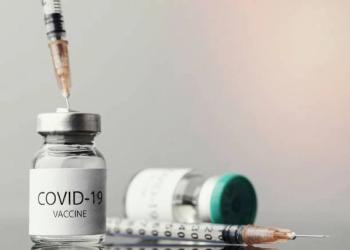
New insights challenge assumptions on SARS-CoV-2 immunity duration.
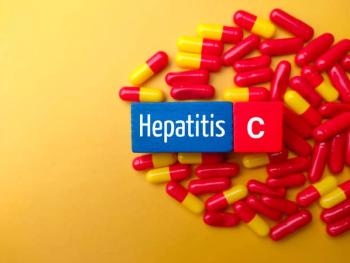
Study exposes the adherence gap in HCV direct-acting antiviral therapy among people who inject drugs.
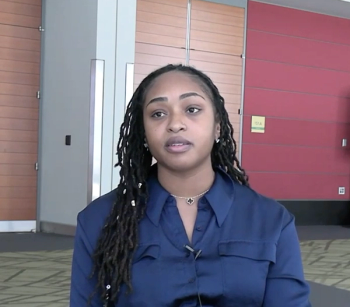
A new paper outlines how these variables can be connected to create situations where patients get less-than-optimal outcomes.
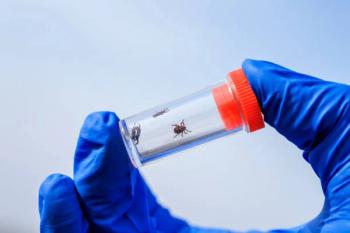
Trial demonstrates promising results for oral treatment towards the disease's vector.

The new indication for bictegravir 50 mg/emtricitabine 200 mg/tenofovir alafenamide 25 mg tablets, B/F/TAF (Biktarvy) is for patients with suppressed viral loads, pre-existing resistance.
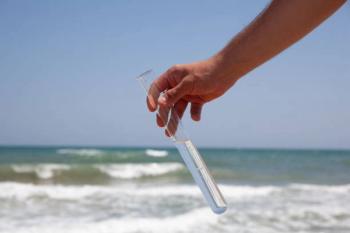
A rise in cases of the waterborne pathogen.

Shionogi’s investigational therapy, ensitrelvir, demonstrated a median time-to-symptom resolution of approximately 1 day shorter in the antiviral group versus placebo.

The American Gastroenterological Association recommends fecal microbiota-based therapies for recurrent or severe C difficile infections and other gastrointestinal issues.

Participants of a recent study who experienced more daily cognitive symptoms had a greater likelihood of reporting moderate interference with functioning, less likelihood of full-time employment, and greater severity of depressive symptoms.

Cefepime-enmetazobactam (Exblifep, Orchid Pharma) was given the federal nod for the indication of treating complicated urinary tract infections (cUTI) in adults.

The federal agency did not request further trials for the investigational therapy, cefepime-taniborbactam, but wanted more information about its chemistry, manufacturing, and controls.
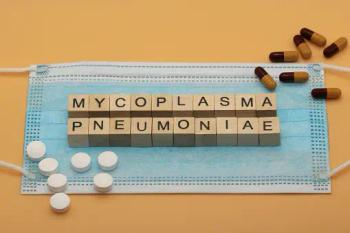
CDC reveals trends in M pneumoniae infections before, during, and after the pandemic.
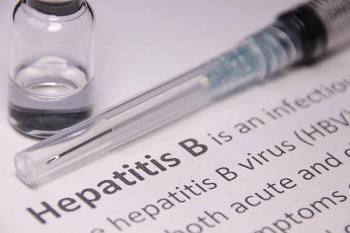
Shortage in hepatitis b virus (HBV) clinical trials within the WHO African region.
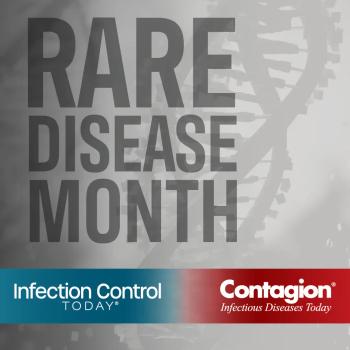
Innovative treatments, challenging prevention, and impact of climate change.

The federal government is working to provide greater access to testing and treatment.
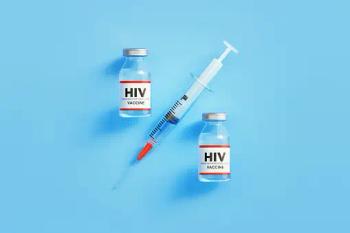
Phase 3 study shows ART treatment in maintaining viral load suppression

The mRNA-1647 vaccine demonstrated approximately a 50% efficacy against human cytomegalovirus (HCMV).
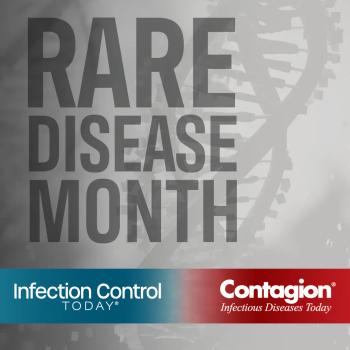
Eric D. Donnenfeld, MD, discusses 3 uncommon yet highly infectious eye diseases, emphasizing the importance of timely treatment and preventative measures.

New review article outlines the evidence and future work that needs to be done with regards to doxycycline post-exposure prophylaxis (doxy-PEP).
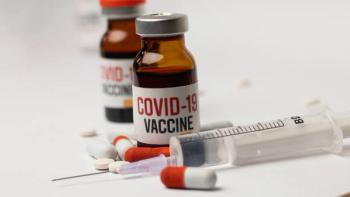
Study compares immune responses in cancer vs. non-cancer patients.
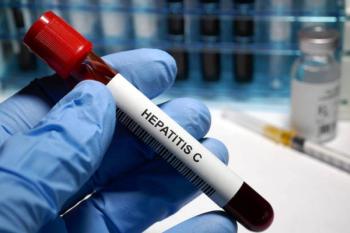
Accessibility to direct-acting antivirals affecting low and middle-income countries.

A clinician reviews the literature and offers some insights on the role of this antibiotic in bone, joint, and hardware infections.
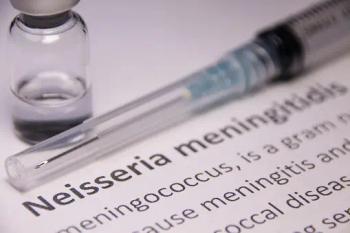
CDC is advocating for the adoption of alternative antimicrobial agents.
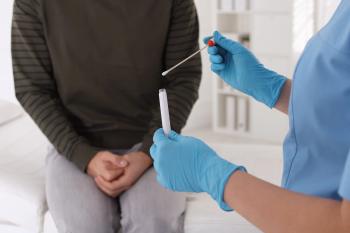
Investigators recently noted that despite a decrease in adolescent hospital visits during the height of the pandemic, there was an increase in sexually transmitted infections (STIs) in this population group.
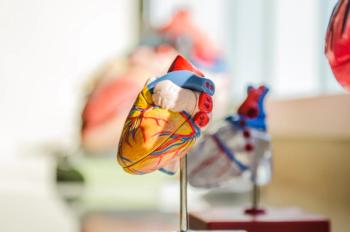
Results highlight the benefit of achieving sustained virological response with DAAs for decreasing patients’ risk of carotid atherosclerosis and peripheral artery disease, especially among those with severe fibrosis.
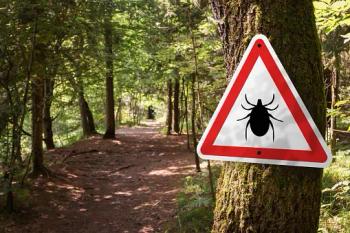
The impact of the new surveillance criteria on case identification.
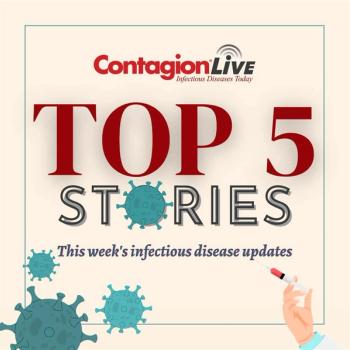
This week, increased risk of long COVID in individuals who have tested positive for the virus, advancements in the preservation of the microbiome offer new strategies for healthcare-associated infections (HAIs), FDA-approved GSK's bepirovirsen signaling the company's goal to cure viral hepatitis, CDC considers changing 5-day COVID isolation guideline, and the first victim of the Alaskapox virus highlights the critical need for increased research into emerging infectious diseases.

A recently published study demonstrated the superior efficacy of cefepime–taniborbactam over meropenem for managing complicated urinary tract infections, suggesting a promising treatment option amid rising antibiotic resistance challenges.
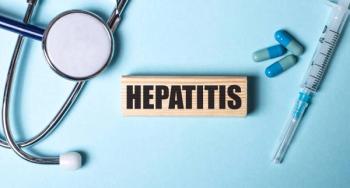
Study reveals HEV adaptation during treatment.